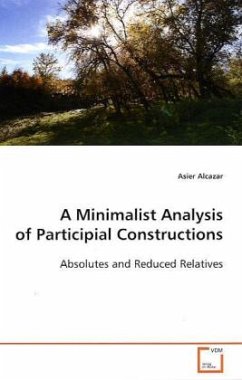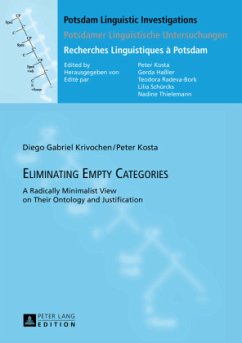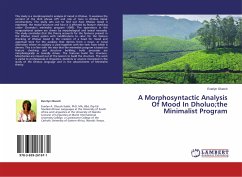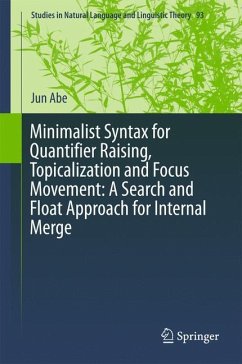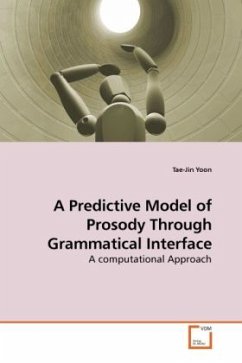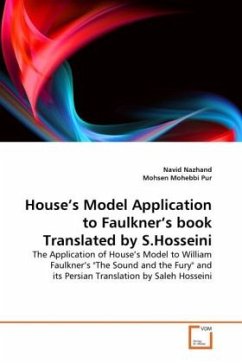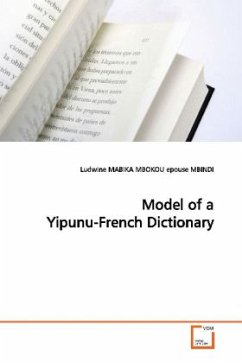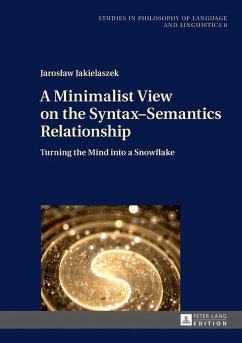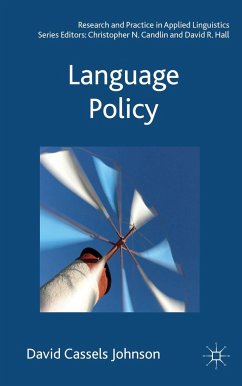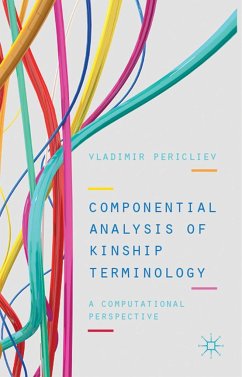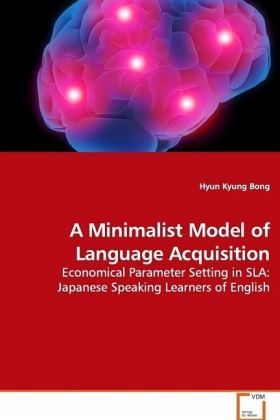
A Minimalist Model of Language Acquisition
Economical Parameter Setting in SLA: Japanese Speaking Learners of English
Versandkostenfrei!
Versandfertig in 6-10 Tagen
52,99 €
inkl. MwSt.

PAYBACK Punkte
26 °P sammeln!
This monograph develops a weak deterministic model of language acquisition that can accommodate first language (L1) acquisition, language change, andsecond language (L2) acquisition: namely theEconomical Parameter-Setting model. This model isachieved by adopting the notion of economy employedin the theory of Universal Grammar (UG) developed inthe Minimalist Program (Chomsky 1995) and bymodifying a pre-minimalist model of languagelearnability and language change developed by Clarkand Roberts (1993).The main claims are that the processes of L1acquisition and L2 acquisition are governed by thesam...
This monograph develops a weak deterministic
model of language acquisition that can accommodate
first language (L1) acquisition, language change, and
second language (L2) acquisition: namely the
Economical Parameter-Setting model. This model is
achieved by adopting the notion of economy employed
in the theory of Universal Grammar (UG) developed in
the Minimalist Program (Chomsky 1995) and by
modifying a pre-minimalist model of language
learnability and language change developed by Clark
and Roberts (1993).
The main claims are that the processes of L1
acquisition and L2 acquisition are governed by the
same economy principles and that the differences lie
neither in different governing properties of the
acquisition processes nor in different degrees of UG
availability, but in factors that cause the
divergence of parameter-settings from the input
setting. The proposed causal factors are twofold: (i)
particular variabilities of the input caused by L2
learning environments and (ii) the L1 lexicon. These
factors contribute to an increased obscurity and
ambiguity of the parameter settings embodied in the
input.
model of language acquisition that can accommodate
first language (L1) acquisition, language change, and
second language (L2) acquisition: namely the
Economical Parameter-Setting model. This model is
achieved by adopting the notion of economy employed
in the theory of Universal Grammar (UG) developed in
the Minimalist Program (Chomsky 1995) and by
modifying a pre-minimalist model of language
learnability and language change developed by Clark
and Roberts (1993).
The main claims are that the processes of L1
acquisition and L2 acquisition are governed by the
same economy principles and that the differences lie
neither in different governing properties of the
acquisition processes nor in different degrees of UG
availability, but in factors that cause the
divergence of parameter-settings from the input
setting. The proposed causal factors are twofold: (i)
particular variabilities of the input caused by L2
learning environments and (ii) the L1 lexicon. These
factors contribute to an increased obscurity and
ambiguity of the parameter settings embodied in the
input.



